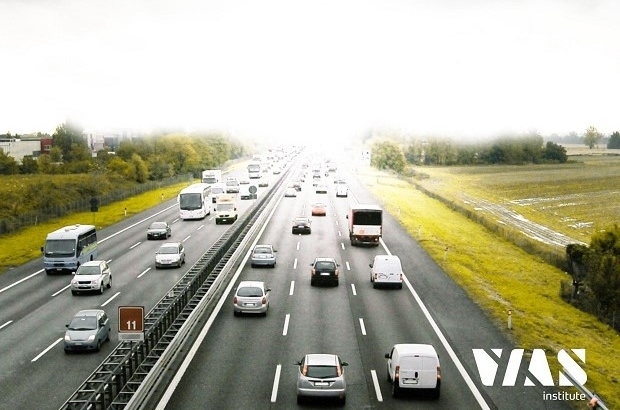- Daily & Weekly newsletters
- Buy & download The Bulletin
- Comment on our articles
Belgian police catch 63 banned drivers per day
Police in Belgium pull over 63 people a day on average who are driving without a valid licence after it was revoked for a previous offence, according to figures from the interior minister.
One reason for the high number is that police stepped up checks last year, Het Nieuwsblad reports, meaning more drivers with driving bans were arrested. There was an average of 46 such arrests per day in 2022.
Belgium’s road safety institute Vias said better enforcement of the bans comes down to more effective checks from police.
“Every year, judges hand down 105,000 driving disqualifications – that's a huge number,” said Vias spokesperson Stef Willems.
“Some 86% of these people are repeat offenders who have to appear before the judge again for failure to comply with the highway code.”
Vias advocates the introduction of a digital driving licence, on which the judicial authorities can immediately add information on driving bans imposed.
Eventually, this measure would also make it possible to introduce a "driving licence lock", meaning an offender’s car could only be started in the presence of a valid driving licence – similar to breathalyser locks applied to the cars of repeat offending drunk drivers.
The figures on unlicensed drivers were provided by minister Annelies Verlinden (CD&V) at the request of MP Wouter Raskin (N-VA).
It comes less than two weeks after a driver in Ghent, whose licence had been withdrawn for driving under the influence of alcohol, lost control of his vehicle and crashed into a group of cyclists, killing two of them.
Renaud Vanbergen, a lawyer specialising in road traffic and insurance, said repression should not be the only response to repeat offenders.
“We realise that the penalties are relatively heavy,” Vanbergen told RTBF. “There's a minimum fine of €4,000 and a three-month disqualification from driving. There's also a 15-day prison sentence.
"And obviously, this doesn't deter people. Then you consider that the penalties are doubled if the offence is repeated within three years. Perhaps we need to find something else to dissuade them from committing fraud."
Nevert Degirmenet, spokesperson for Assuralia, the professional association of insurance companies, said that people involved in an accident with someone driving in violation of a ban need not necessarily worry about complications.
“If the unlicensed driver has insured his or her vehicle with RC auto (the only compulsory insurance for any vehicle on the public highway), you will be compensated for any bodily injury or material damage,” Degirmenet said.
“The insurer may then reserve the right to take recourse against the offending driver to recover the compensation paid out.”
But if the unlicensed driver is also driving without insurance, the situation becomes more complicated: “In that case, you will have to turn to the Belgian joint guarantee fund, the only institution authorised to intervene, to receive compensation mainly for bodily injury, but much less for damage to property.”
Degirmenet noted that insurers are not notified by the courts or the police of the loss of a policyholder's driving licence, for reasons of personal data protection.



















